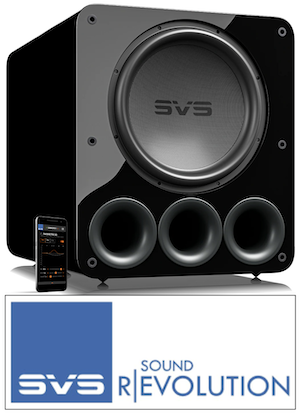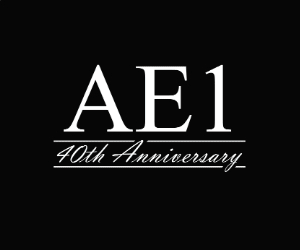(October 14, 2025) JVC is speaking out after what it calls a misrepresentation of its projector performance during a recent “shootout” hosted by Epson at CEDIA 2025. The demonstration compared models from JVC, Sony, and Epson, but according to JVC, its projector wasn’t shown in conditions that reflect how it truly performs out of the box or under proper HDR settings.
In a statement, JVC reaffirmed its commitment to transparency and accuracy, noting that its D-ILA projectors have been independently tested and validated by reviewers and calibration professionals across the industry. The company says the issue centers on how its projector was configured during the event, which led to inaccurate results and confusion among attendees.
During the demonstration, Epson representatives claimed that all projectors had been reset to factory defaults for a fair comparison. JVC says that wasn’t the case. Its projector remained locked in HDR10 picture mode rather than switching back to Frame Adapt HDR 1, the mode designed to automatically analyze each scene and frame for optimal HDR tone mapping. Frame Adapt HDR 1 dynamically adjusts brightness and contrast in real time, using metadata from the original source to display HDR content with the correct balance of shadow detail, peak brightness, and overall dynamic range.
By contrast, the HDR10 mode shown at the event is meant for very specific 1000-nit MaxCLL content. It doesn’t include JVC’s advanced tone-mapping algorithms and therefore can’t represent the projector’s full HDR capability. In effect, the demonstration made JVC’s projector appear dimmer and less accurate than it actually is.
JVC also pushed back on the claim that SDR, or Standard Dynamic Range, produces a superior image because it looks brighter. The company explained that its Dynamic Tone Mapping system limits peak brightness loss to less than five percent compared to SDR, while delivering far greater contrast, color accuracy, and realism overall.
“JVC’s Frame Adapt technology properly uses all the metadata from the original title and analyzes each frame by frame to provide the most accurate HDR reproduction on the market,” the company said. “It gives the viewer a truly immersive experience on every format of HDR images available.”
Despite this forward correction, JVC emphasizes respect for its competitors but said it was necessary to correct the record for the sake of transparency. The company reiterated its openness to fair comparisons under accurate testing conditions and pointed to its long-standing commitment to integrity, innovation, and factual representation in performance demonstrations.
For those interested in JVC’s latest developments, we recently spoke with JVC's Rob Budde about the company's forthcoming firmware update. That video should be live later today. We'll update this article once it has been posted.
Related Reading:
- NEWS: JVC Shrinks Native 4K: NZ500 and NZ700 Projectors Deliver High-End Performance in a Smaller Footprint
- NEWS: Epson Launches Lifestudio Projectors with 4K HDR, Bose Sound and Gaming Features
- NEWS: CEDIA 2024: Why Everyone’s Talking About Sony’s New Bravia Projector 8 and Bravia 9 4K HDR Projectors!
- NEWS: CEDIA 2024: Everything You Need to Know About Epson’s Killer New QB1000, QL3000, and QL7000 4K HDR Projectors












